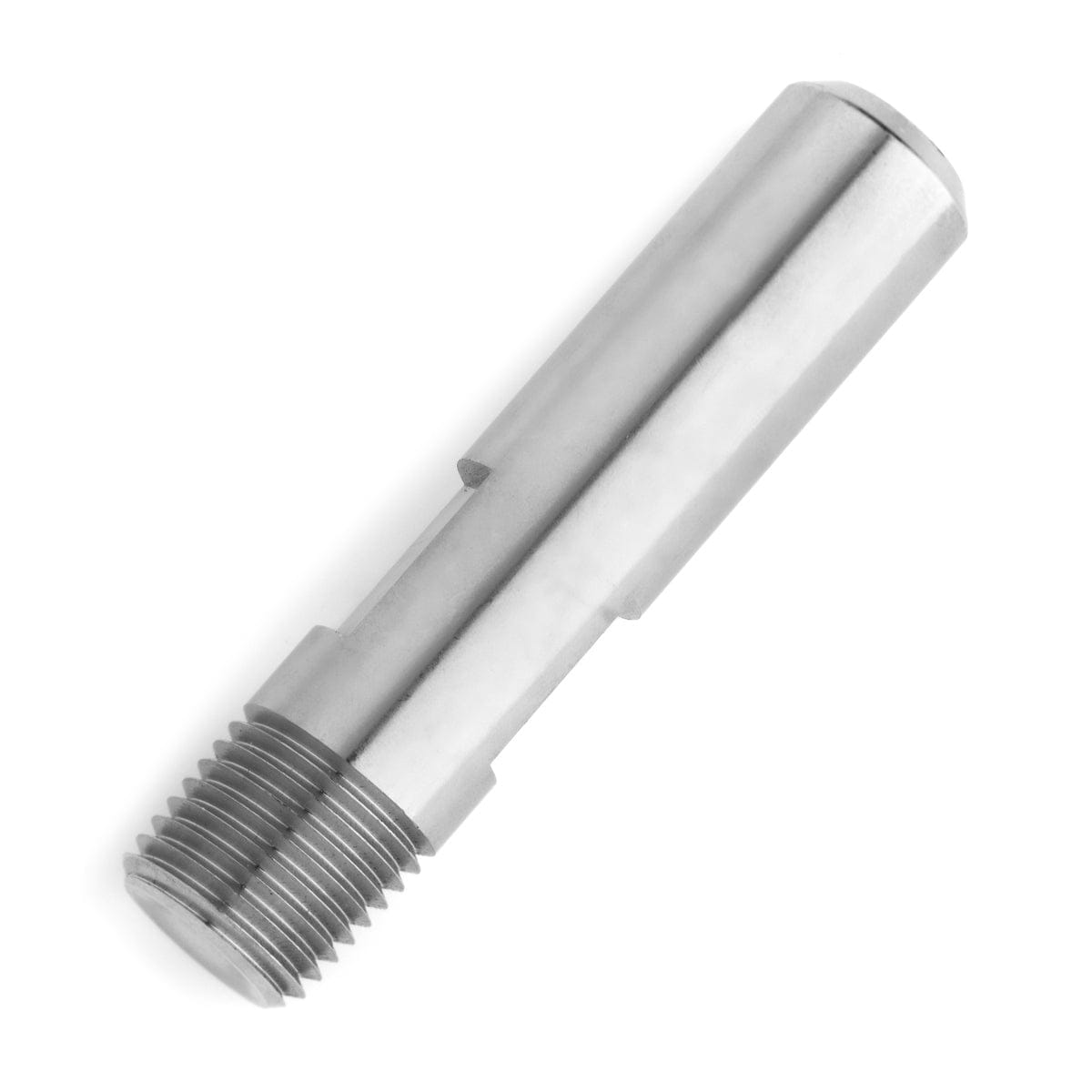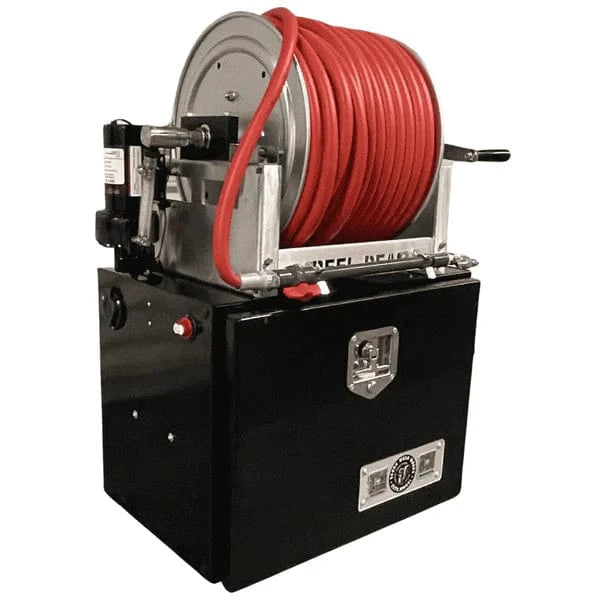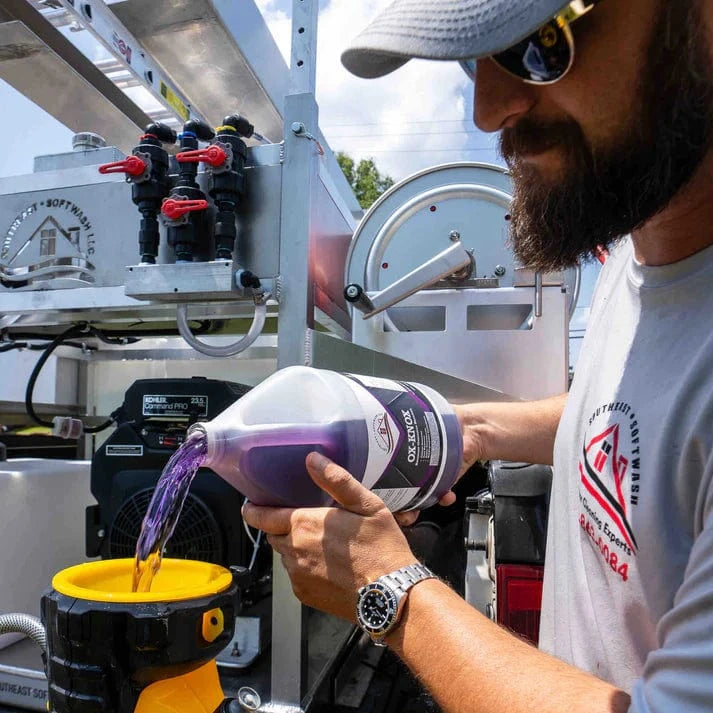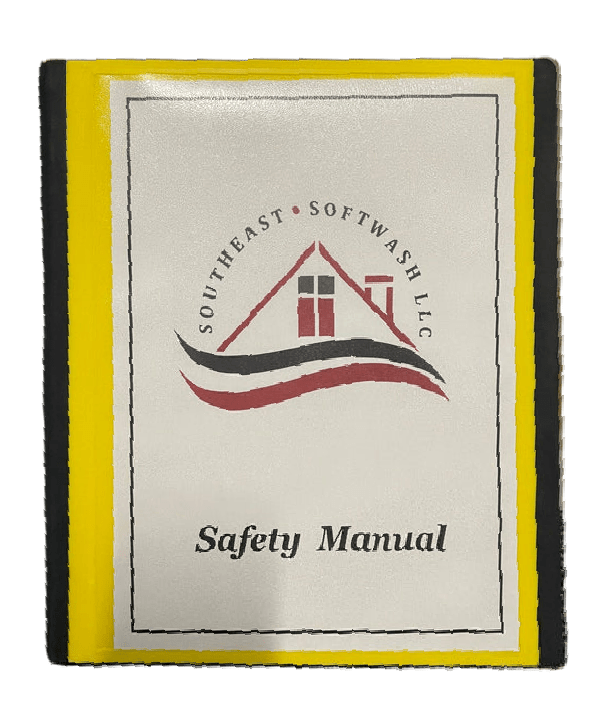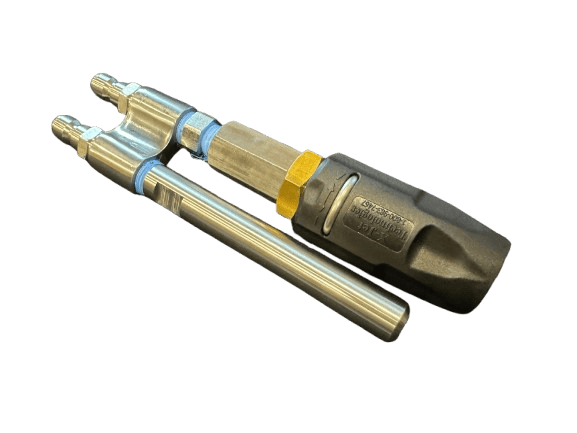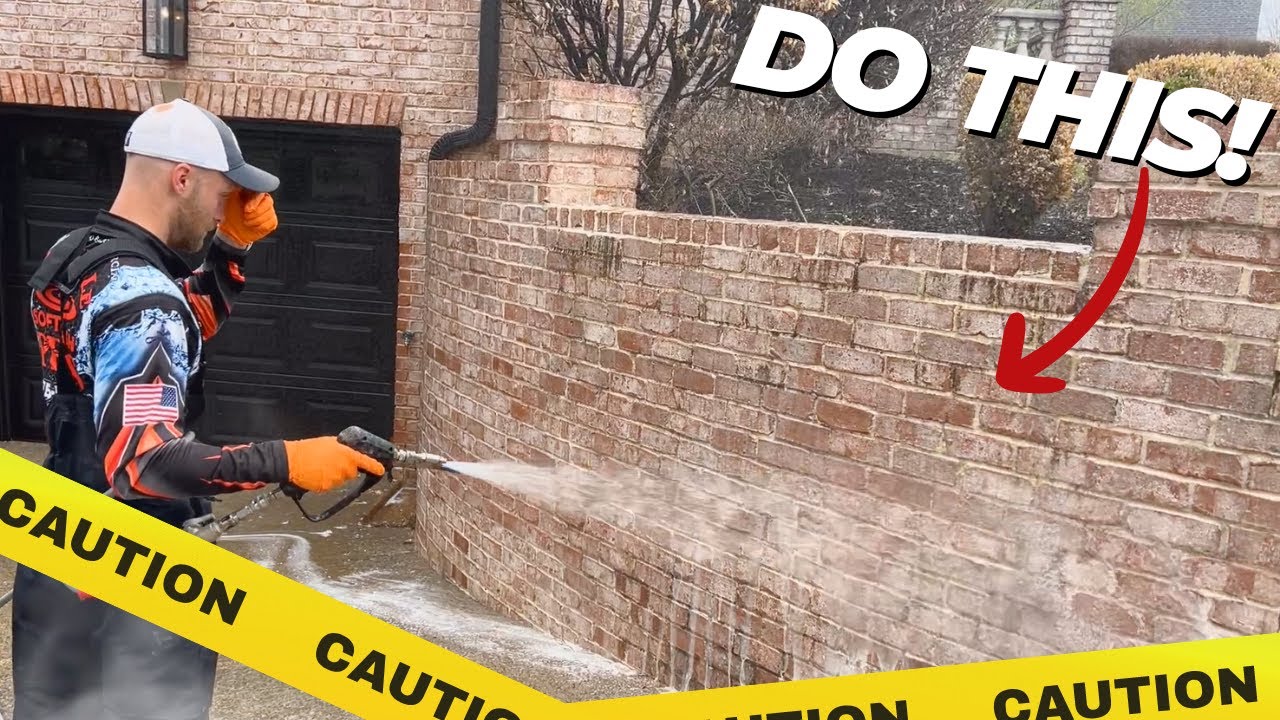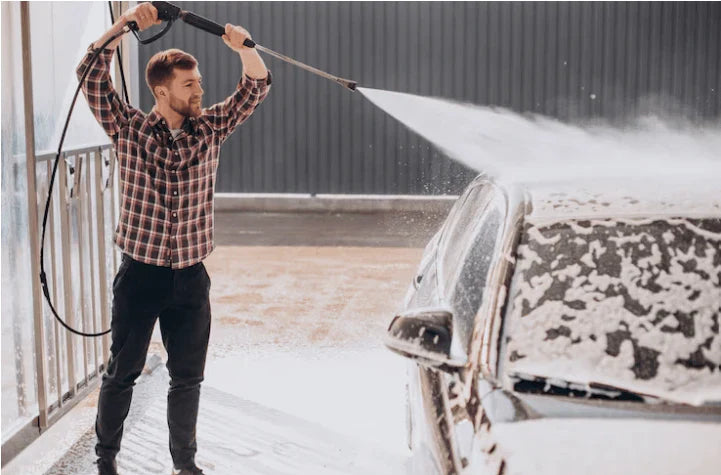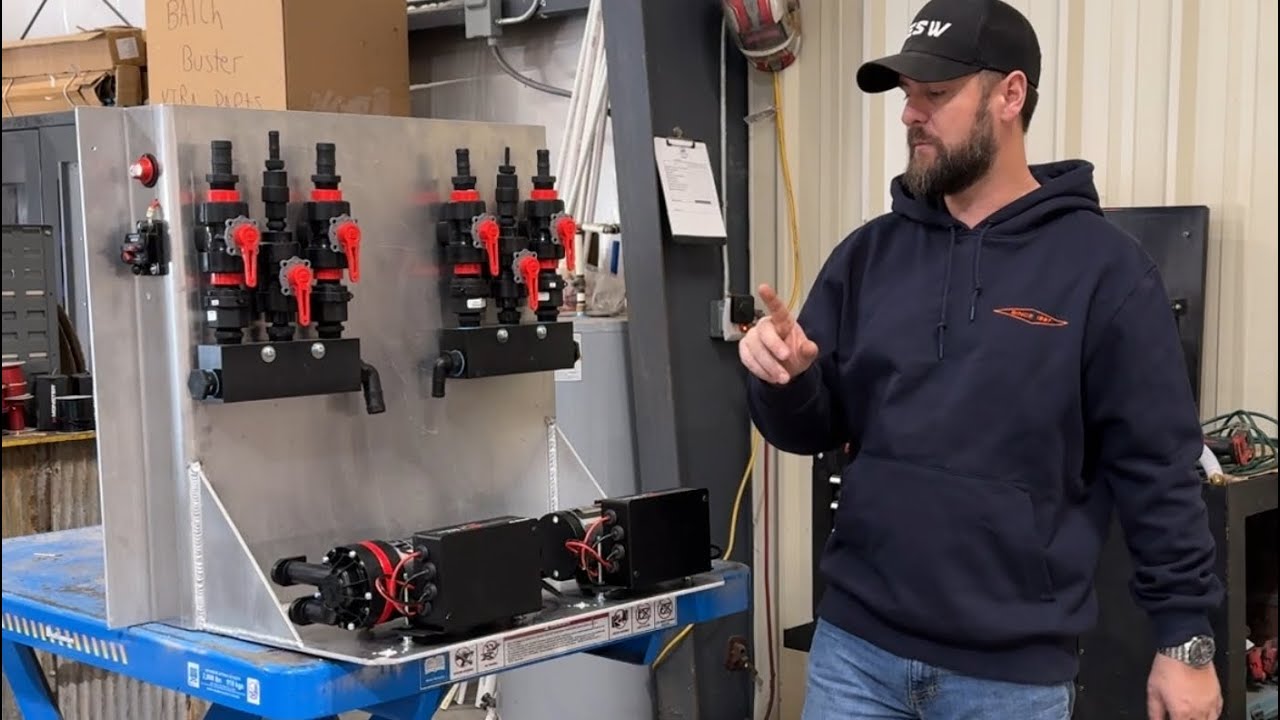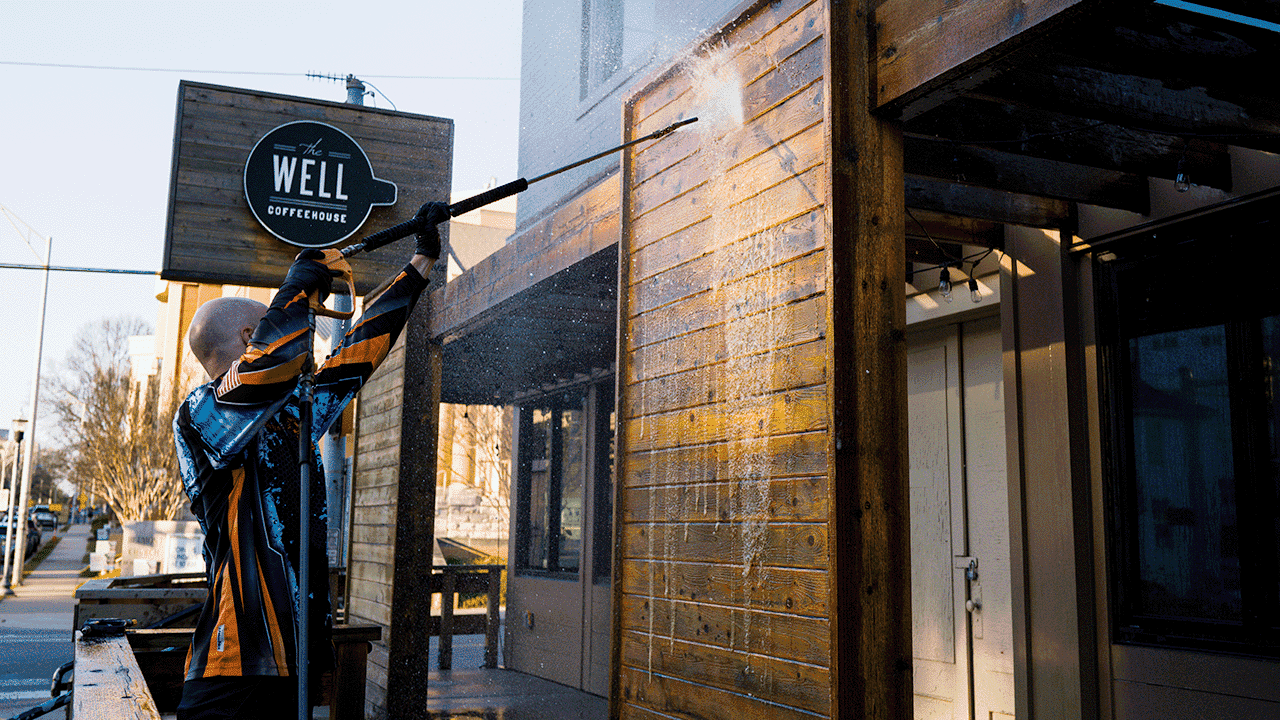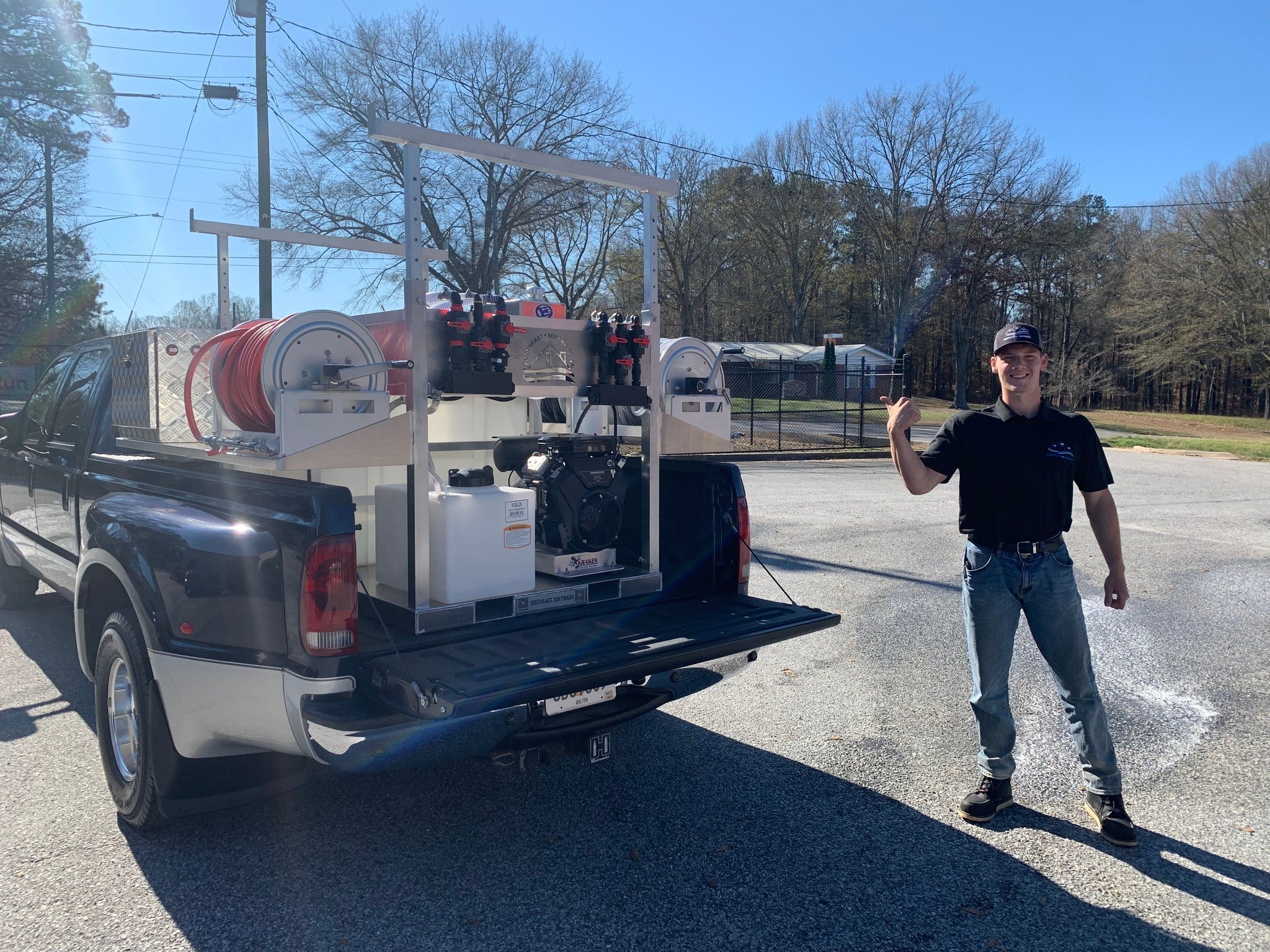When it comes to cleaning your home's exterior, two popular methods stand out: Pressure Washing and Soft Washing. Both techniques are effective in removing dirt, grime, mold, and mildew, but they differ in terms of pressure levels and applications. Let's dive into the details of Pressure Washing vs. Soft Washing to help you determine which one is the right choice for your cleaning needs.
The Basics of Pressure Washing
Pressure Washing involves using high-pressure water to clean surfaces. This method is ideal for removing tough stains, grease, and chewing gum from hard surfaces like concrete, brick, and stone. Pressure Washing is highly effective in areas with heavy grime buildup or stubborn dirt that requires more force to be removed.
Pressure Washing Equipment
To carry out Pressure Washing, specialized equipment such as high-powered pressure washers and nozzles are required. These machines can deliver water at varying pressure levels, typically ranging from 1300 to 2800 psi (pounds per square inch), depending on the surface being cleaned.
The Benefits of Soft Washing
Soft Washing, on the other hand, uses a gentler approach that combines low-pressure water with specialized cleaning solutions to remove dirt and contaminants. This method is suitable for more delicate surfaces such as roofs, siding, and painted surfaces that could be damaged by high-pressure water.
Soft Wash Equipment
Soft Washing requires specific equipment like soft wash pumps, chemical injectors, and low-pressure nozzles to deliver the cleaning solution effectively. The use of biodegradable cleaners in Soft Washing helps in killing mold, mildew, and algae without causing any damage to the surfaces.
Choosing Between Pressure Washing and Soft Washing
So, how do you decide between Pressure Washing and Soft Washing for your cleaning project? The answer lies in the surface you need to clean and the level of grime present. If you are dealing with a tough, hard surface that can withstand high pressure, Pressure Washing might be the way to go. However, if you are cleaning a delicate surface or one with organic growth like algae, Soft Washing is the safer choice.
Pressure Washing Chemicals vs. Soft Wash Solutions
While Pressure Washing primarily relies on the force of water to clean, Soft Washing utilizes specially formulated chemicals that are eco-friendly and effective in killing organic growth on surfaces. These Soft Wash solutions are biodegradable and safe for plants, pets, and the environment.
The Environmental Impact
Another critical aspect to consider is the environmental impact of the cleaning method. Pressure Washing, with its high water pressure, can lead to water wastage and potential surface damage if not used correctly. Soft Washing, with its lower pressure and eco-friendly cleaners, is a more sustainable option that minimizes water usage and reduces the risk of surface erosion.
Cost Considerations
When it comes to cost, Pressure Washing may be more affordable upfront as it requires less time for cleaning hard surfaces. However, Soft Washing's long-term benefits, such as preventing organic growth for a more extended period, could result in cost savings down the line by reducing the frequency of cleanings.
Special Considerations for Residential and Commercial Properties
For residential properties, Soft Washing is often the preferred choice due to its gentle yet effective cleaning process that preserves the integrity of the home's exterior. On the other hand, commercial properties with larger surface areas and tougher stains may benefit more from the power of Pressure Washing to maintain a professional appearance.
Consulting with Professionals
Ultimately, the best way to determine whether Pressure Washing or Soft Washing is right for you is by consulting with professionals in the field. Experienced cleaning companies can assess your specific cleaning needs, offer tailored solutions, and ensure that the cleaning process is carried out safely and effectively.
The Verdict: Choosing the Right Cleaning Method
After weighing the benefits of Pressure Washing and Soft Washing, it's clear that each method has its advantages depending on the surface and cleaning requirements. By understanding the differences between the two techniques and seeking expert advice, you can make an informed decision to ensure that your property receives the proper care it deserves.


